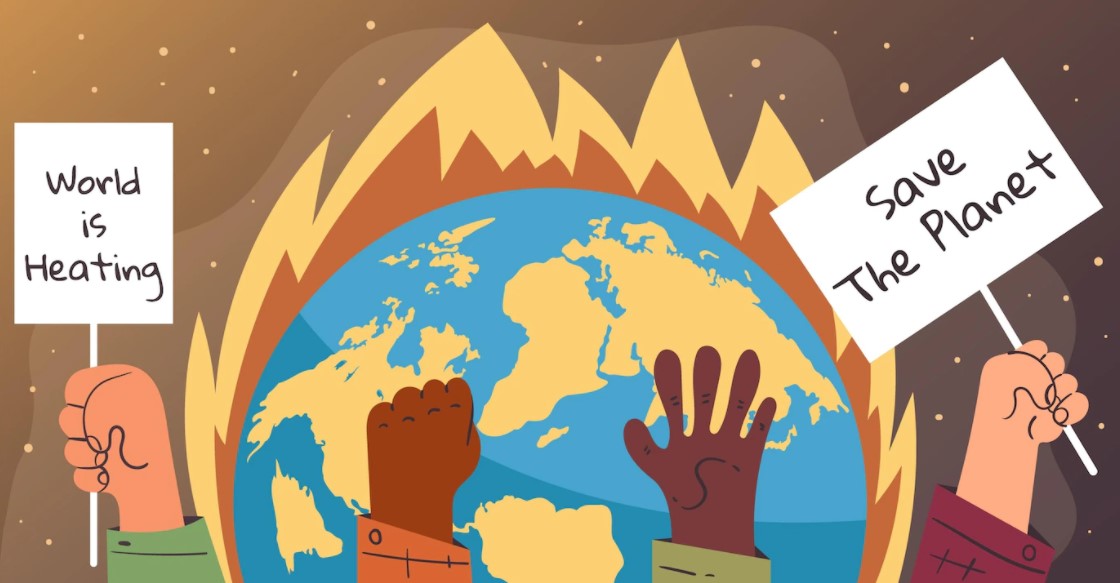
Climate change is defined as "a change in climate that is attributed directly or indirectly to human activity that alters the composition of the global atmosphere and that is in addition to natural climate variability observed over comparable time periods," according to the United Nations Framework Convention on Climate Change (UNFCCC).
The planet has warmed by 0.85 degrees Celsius in the previous 130 years. Since 1850, each of the last three decades has been warmer than the previous decade.
Climate change and its Health effects
Climate change is the single greatest health concern confronting mankind. Health experts all across the world are already reacting to the consequences of this emerging calamity. Warming temperatures, changes in precipitation, and rising sea levels are all effects of climate change. These effects jeopardize our health by influencing the food we consume, the water we drink, the air we breathe, and the weather we encounter.
The severity of these health hazards will be determined by public health and safety systems' ability to handle or prepare for evolving threats, as well as individual behaviour, age, gender, and economic position. The effects will differ depending on where a person lives? how vulnerable they are to health concerns? how much they are exposed to climate change consequences? and how successfully they and their community adapt to change.
7 Young Climate Activist You Should Know About
Who is at risk?
While no one is immune to these dangers, those whose health is most affected by the climate crisis are those who contribute the least to its causes and are least able to protect themselves and their families - individuals in low-income and disadvantaged nations and communities.
- Children are at risk for a variety of reasons. Children, for example, are more prone to heat stress and dehydration, as well as to air pollution and smoke from bushfires. Because their immune systems aren't completely formed, they're more susceptible to illnesses. They frequently rely on adults to keep them safe during emergencies and to assist them in their recovery.
- Due to the physiological demands of pregnancy, pregnant women are more susceptible to heat stress during heatwaves. They, as well as their unborn children, are particularly vulnerable to air pollution and wildfire smoke.
- Dehydration, heat stress, infections, and worsening of heart and lung disease are more common among the elderly and those with pre-existing medical disorders.
- Rural and distant residents, low-income individuals, and other vulnerable communities are all at risk. Extreme occurrences such as bushfires, droughts, hurricanes, and sea-level increases pose a threat to those living in rural or isolated regions or near the shore.
How to stay healthy in these changing environments?
Average temperatures around the globe have risen during the past century. Heatwaves have been longer, hotter, and more frequent. As the planet continues to warm, this tendency is projected to continue. You can keep healthy in the heat by doing the following:
- Hydrate, Drink plenty of water, even if you don’t feel thirsty
- Use electronic devices like ACs and Refrigerators consciously
- Commute via carpooling or taking public transportation.
- During the warmest part of the day, stay out of the sun. If you must go outside, protect yourself with a hat and sunscreen, and seek shade.
- Light-colored, loose-fitting clothing made of natural fibres such as cotton and linen is recommended.
- Learn more about your carbon footprint.
- Switch to “green power.”
- Move towards a sustainable lifestyle






